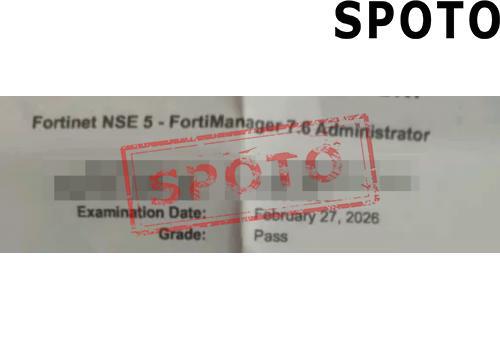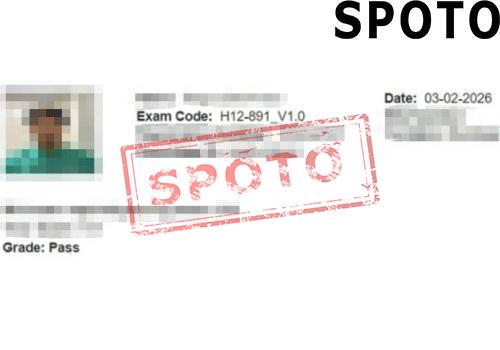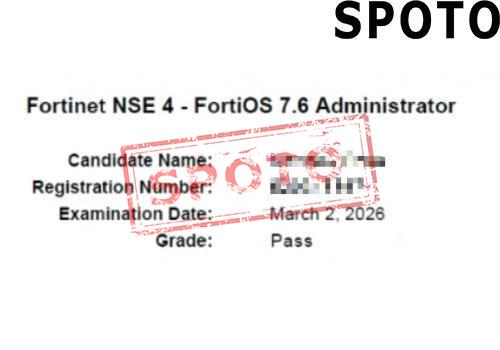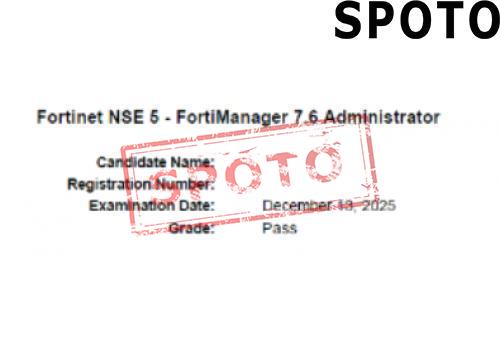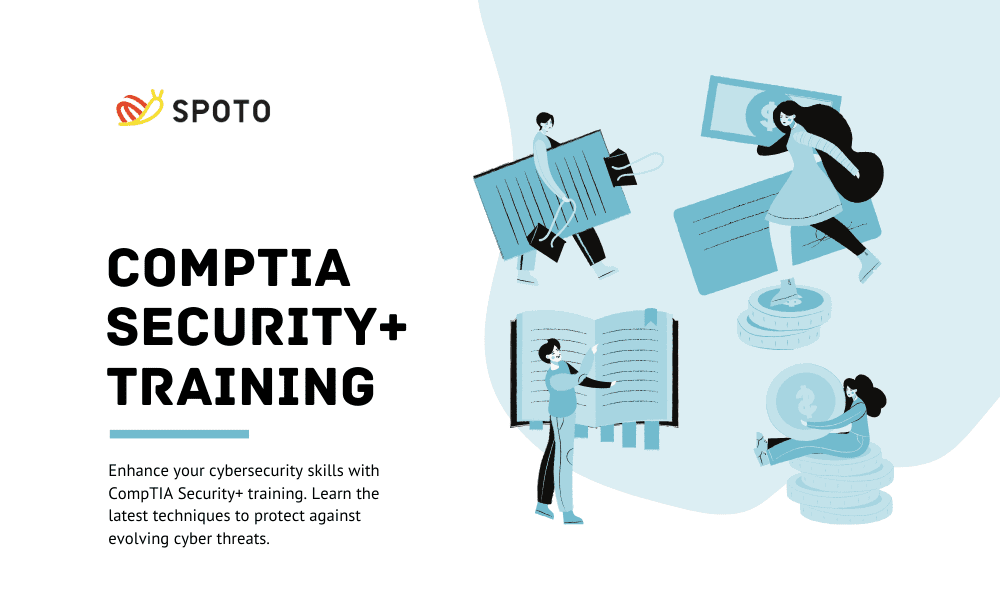
Table of Contents
Cyber security professionals keep an eye on and stop unauthorized access to a network within a company. Cyber security professionals use several techniques to defend systems against online attacks, including strong firewalls, encryption, safe passwords, and strong cyber frameworks. Cyber security professionals are firm personnel who guarantee that a company's data is never hacked and that no hostile breach ever occurs. They continually assess the structure of the current network and look for methods to create plans to increase privacy.
The Evolution of Cyber Threats:
The realm of cybersecurity is no stranger to change. With each technological advancement, cyber threats have adapted and transformed, requiring cybersecurity experts to stay ahead of the curve. From phishing attacks and ransomware to sophisticated state-sponsored campaigns, the threat landscape encompasses a spectrum of risks that can incapacitate organizations and disrupt critical infrastructure.
The Need for Real-World Training:
While traditional cybersecurity training often focuses on theoretical knowledge and established best practices, the modern landscape demands a more comprehensive approach. Real-world training immerses cybersecurity experts in simulated scenarios that closely mirror actual cyberattacks. This approach provides invaluable hands-on experience in identifying, mitigating, and responding to threats, thereby enhancing technical expertise and strategic decision-making skills.
What Are The Benefits Of CompTIA Security+ Certification?
This CompTIA Security+ boot camp is for anybody interested in learning how to secure computer systems, becoming an ethical hacker from scratch, or advancing their career as a programmer by acquiring sought-after expertise.
The CompTIA Security+ certification is the massive entry point for entry-level and intermediate cybersecurity employment since it is widely recognized, including:
- System Administrator: Installs hardware and software maintains security protocols and maintains configures and assures the dependable functioning of computer systems and servers.
- Network Administrator: Responsible for establishing, running, and maintaining the network infrastructure of an organization to provide connection and security.
- Security administrator: Installs and oversees security measures to safeguard sensitive data and computer systems inside an organization from online attacks.
- Security Engineer: Supervises the monitoring and security of sensitive data and systems, and creates and executes secure network defenses against cyberattacks.
- Security Consultant: An outside consultant assesses a company's security posture and provides recommendations to enhance security and reduce risks.
- Security Specialist: Recognizes possible dangers and weaknesses in a network or system and creates measures to stop unauthorized access and data breaches.
- IT auditor: Examines and assesses a company's IT infrastructure's security and effectiveness, ensuring it complies with rules and regulations and points out any shortcomings.
You may ensure to have a rewarding and high-paying career in the cybersecurity industry with the abundance of options available.
Overview of the CompTIA Security+ exam
By passing the CompTIA Security+ (SY0-601) certification exam, IT professionals may demonstrate that they possess the knowledge and abilities necessary to:
- Analyze the security posture of a business environment.
- Offer and put into practice suitable cybersecurity measures.
- Maintaining hybrid environments' security.
- Operate with knowledge of relevant laws and regulations.
- Identify cybersecurity events and incidents, analyze them, and take action.
Download the free test objectives to get a complete view of the competencies covered by CompTIA Security+.
Benefits of Real-World Security Training:
- Practical Application: Real-world training bridges the gap between theory and practice. Cybersecurity experts trained in realistic environments are better prepared to handle the nuances of actual attacks, translating classroom knowledge into actionable solutions.
- Hands-On Experience: Just as a surgeon hones their skills through practical experience, cybersecurity professionals refine their abilities by facing simulated threats. These scenarios offer opportunities to test and validate techniques while gaining insights into different attack vectors.
- Understanding Adversaries: Cybersecurity experts need to think like hackers to anticipate their tactics. Real-world training allows professionals to adopt an adversarial mindset, helping them anticipate potential breaches and vulnerabilities.
- Quick Decision-Making: Amid a cyber crisis, quick decisions are crucial. Real-world training hones the ability to make informed choices swiftly, minimizing the impact of an attack.
- Collaboration: Real-world scenarios often require collaboration with cross-functional teams, mirroring real-life incident response. Training in a team environment fosters effective communication and coordination among different stakeholders.
- Customized Learning: Every organization's cybersecurity needs are unique. Real-world training can be tailored to an organization's specific infrastructure and challenges, ensuring the skills gained are directly applicable.
Effective Real-World Security Training Approaches:
- Capture The Flag (CTF) Competitions: CTF challenges simulate real-world hacking scenarios, encouraging participants to exploit vulnerabilities, solve puzzles, and secure systems. These competitions offer an engaging and interactive way to enhance cybersecurity skills.
- Red Team/Blue Team Exercises: These exercises simulate attacks (red team) and defensive responses (blue team) in a controlled environment. This hands-on approach sharpens skills in offensive and defensive strategies.
- Cyber Range Platforms: Cyber ranges provide virtual environments where professionals can practice defending against various attacks. These platforms offer a safe space to experiment with different security solutions.
- Incident Response Drills: Simulating incident response scenarios prepares cybersecurity professionals to manage and recover from real-world security breaches.
- Threat Hunting Simulations: These simulations enable experts to proactively search for indicators of compromise and anomalies, mimicking real-world threat-hunting scenarios.
Industry Validation:
As cyber threats escalate, organizations across industries recognize the value of real-world security training. Certifications include hands-on training elements, such as practical exams and simulations, which are gaining prominence. These certifications provide tangible evidence of a cybersecurity expert's ability to navigate real-world challenges.

Is the Security+ certification worth it?
The Security+ test sometimes necessitates a time and financial commitment to pass. Your own career aspirations will affect the return on your investment. Having a certification like Security+ on your CV might offer you an advantage when applying for employment if you're interested in a career in cybersecurity.
But there are additional advantages that could exist. Gaining confidence in your capacity to respond to genuine security risks can come through studying for the exam and honing your cybersecurity abilities.


